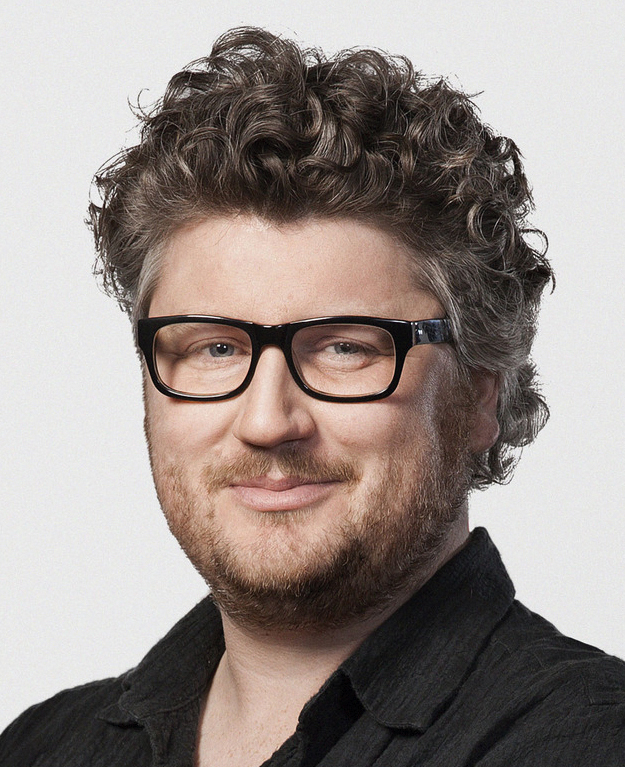Read on to discover the surprising influence of music on elections throughout history...
It was a little bit of history repeating when former prime minister Rishi Sunak announced the 2024 UK General Election to the heckling of his political opponents blasting out D:Ream’s ‘Things Can Only Get Better’. Here was a cross-generational gesture of musical parody, to the time when D:Ream – including Brian Cox on keyboards – sang the sounds of Labour’s landslide victory in May 1997.
Music's influence on elections in the 18th and 19th centuries
That moment of musical infiltration outside Downing Street got me wondering whether music hasn’t just accompanied the sounds of elections, but changed their outcomes. According to Dr Kendra Packham at Newcastle University, there’s evidence it might have done.
In the 18th and 19th centuries, a time when so few people could actually vote for their parliamentarians, political participation nonetheless gripped the whole of society. And if you wanted to voice your contempt for political adversaries, the best way to do it was to set a lyric to a popular melody, like Chevy Chase or God Save the King, and get ballad singers to perform it as loudly as possible at polling places and public squares. Packham’s research suggests that in Yorkshire in 1784 and Coventry in 1826, these interventions turned elections in favour of those who had the most effective campaign soundtracks.
Handel's music had the power to sway voters
Most striking of all, Packham says, is the way Handel’s ‘See, the Conqu’ring Hero Comes!’ from Judas Maccabeus was used all over the country. When victors of political contests were ‘chaired’ – literally carried on chairs through the streets – accompanied by bands of fifers, drummers and singers, Handel’s tune was the go-to anthem of celebration.
But you didn’t have to use the same words as Handel’s original. In Coventry in 1784, Packham has discovered, the words were changed to ‘See, the Legal Members Come!’, to tell the public that the election was fairly won, in the face of criticism of corruption and illegality.
In other words, Handel’s victory march was an 18th-century meme, ripe for parody as well as mass participation, a predecessor of the multi-dimensional ways that music is used by political campaigners and their supporters today.
From D:Ream to Adele, artists have forbidden politicians from using their music in elections
And that doesn’t include D:Ream. At least not if the band can help it – they forbade the Labour Party, or any other polticians, from using ‘Things Can Only Get Better’ in 2024.
But apart from complaining, there’s not a lot they – or any other musician – can do when a political party uses their tracks to sum up their message. Artists from Adele to James to Rihanna have all complained in recent years when their songs have been used to underscore political campaigns they disagree with.
So maybe the politicians ought to save popstars’ blushes and go back to the future to find their next campaign anthem: to Handel, even if what George Frideric might have thought of Rishi Sunak or (now Prime Minister) Keir Starmer is a matter of heroic conjecture.




